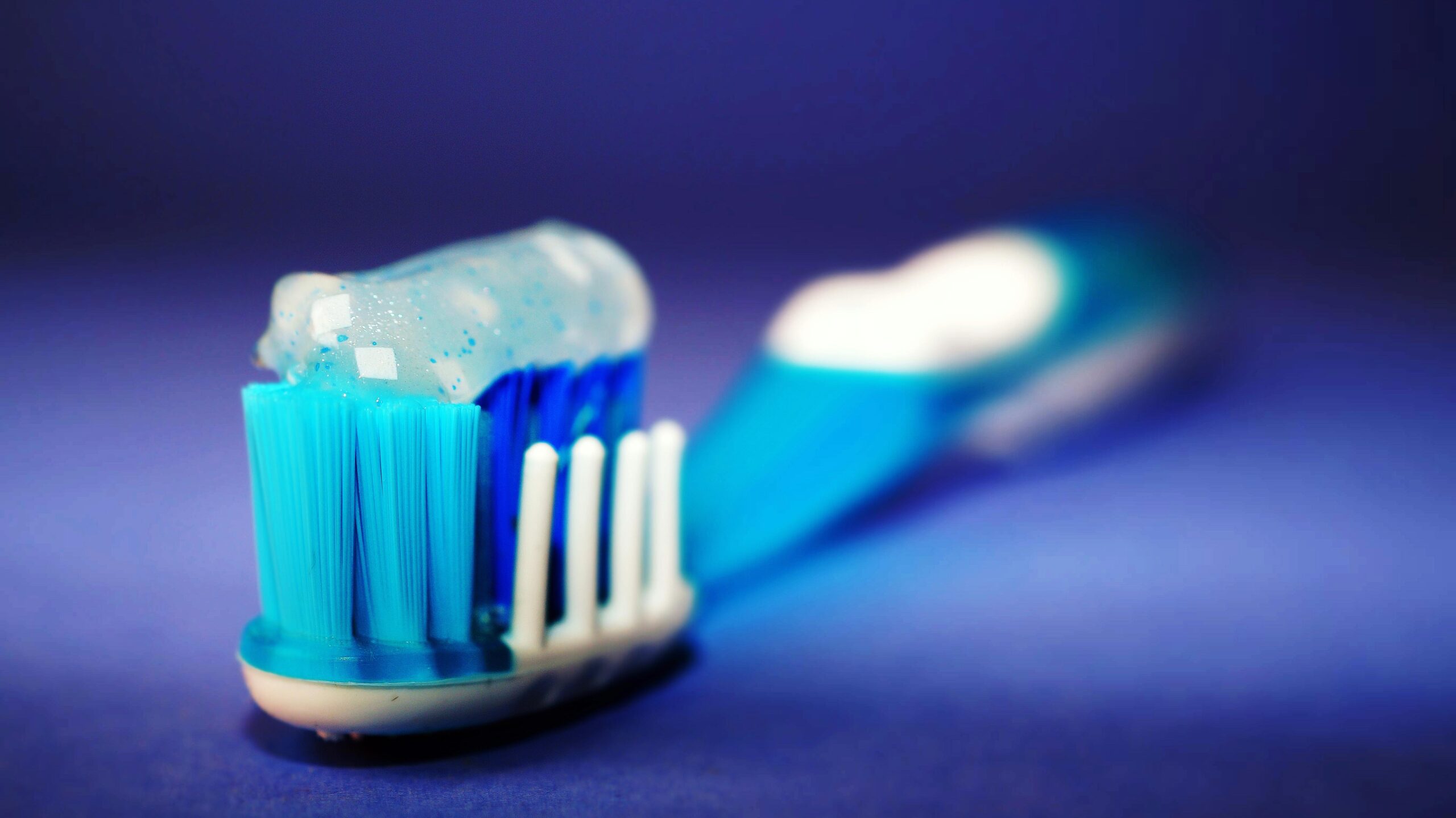Having sensitive teeth and gums can make everyday activities like eating or brushing quite uncomfortable. The right toothpaste can provide relief, but with so many options available, choosing the right one can be overwhelming. This guide will help you understand the key factors to consider when selecting toothpaste that can soothe your sensitive teeth and gums, ensuring better oral health.
1. Look for Toothpaste Specifically Designed for Sensitivity
Toothpaste formulated for sensitive teeth typically contains ingredients that help reduce pain and discomfort caused by sensitive areas. These ingredients, such as potassium nitrate or strontium chloride, work by blocking pathways to the nerves in your teeth, providing long-term relief.
Look for toothpaste labeled “for sensitive teeth” on the packaging. These are specially designed to minimize sensitivity and protect delicate gums.
2. Avoid Toothpaste with Harsh Abrasives
Some toothpaste can be too abrasive, especially whitening toothpaste that uses rough ingredients to scrub away stains. These abrasives can further irritate sensitive teeth and gums.
If you have sensitivity, avoid using whitening toothpaste unless it is specifically made for sensitive teeth. Choose a toothpaste that is gentle on enamel and gums.
3. Consider Fluoride Options
Fluoride is an essential ingredient in any toothpaste as it helps to protect your teeth from decay. It strengthens the enamel, which can help reduce the discomfort caused by sensitive areas.
For those with sensitive teeth, fluoride toothpaste that also contains potassium nitrate or similar ingredients can offer effective relief from pain while also providing the protective benefits of fluoride.
4. Check for Natural Ingredients
If you prefer a more natural approach, look for toothpastes with gentle, natural ingredients like aloe vera, chamomile, or xylitol. These ingredients are known to be soothing and can help to calm irritated gums.
Natural toothpaste options are often free from harsh chemicals like sodium lauryl sulfate (SLS), which can aggravate sensitivity in some people. However, ensure that the toothpaste still contains fluoride for optimal oral protection.
5. Choose a Low Abrasivity Rating (RDA)
The Relative Dentin Abrasivity (RDA) rating indicates how abrasive a toothpaste is. A high RDA can wear down tooth enamel over time, increasing tooth sensitivity.
For sensitive teeth, it’s essential to choose toothpaste with a low RDA (below 70). This ensures that the paste is gentle enough to protect the enamel and prevent further discomfort.
6. Look for Toothpaste with Gum Care Features
If your gums are also sensitive, consider toothpaste that specifically targets gum health. Some toothpaste brands offer formulas designed to reduce gum inflammation and protect the gum line.
Toothpaste with antibacterial agents like triclosan or stannous fluoride can help prevent gum disease and soothe sensitive gums, improving your overall oral health.
Conclusion
Choosing the right toothpaste for sensitive teeth and gums can make a significant difference in your oral comfort and overall dental health. Look for a formula designed for sensitivity, free from harsh abrasives, and with natural ingredients or gum care benefits. Make sure it includes fluoride for optimal protection and follow your dentist’s advice for the best results.
Frequently Asked Questions (FAQs)
1. What are the best ingredients for toothpaste for sensitive teeth?
Potassium nitrate, strontium chloride, and fluoride are some of the best ingredients to look for in toothpaste for sensitive teeth. These ingredients help block the nerve pathways and provide relief from discomfort.
2. Can natural toothpaste help with sensitive teeth?
Yes, natural toothpaste with ingredients like aloe vera or chamomile can be soothing for sensitive teeth and gums. However, ensure it still contains fluoride to protect against cavities.
3. Is fluoride important for sensitive teeth?
Fluoride is crucial for strengthening tooth enamel and preventing cavities. Even with sensitive teeth, fluoride should be included in your toothpaste for optimal protection.
4. How can I reduce gum sensitivity when choosing toothpaste?
To reduce gum sensitivity, choose toothpaste with gentle, soothing ingredients like aloe vera or stannous fluoride. Toothpaste designed to care for gums can help with inflammation and discomfort.
5. What should I avoid in toothpaste if I have sensitive teeth?
Avoid toothpaste with harsh abrasives or whitening agents, as they can further irritate sensitive teeth and gums. Also, steer clear of toothpaste with sodium lauryl sulfate (SLS), which can aggravate sensitivity for some individuals.
4o mini



